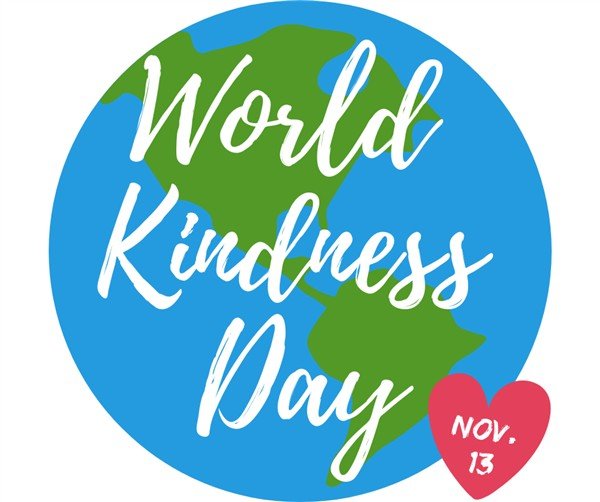Standing in More Than One Place — at the same time.
In 2009, Chimamanda Ngozi Adichie presented a TED talk that made the rounds in social media. It was called The Danger of a Single Story and reflected on how seeing from only one point of view or from one cultural context creates a very distorted story of the whole. Certainly, the work of the Truth and Reconciliation experience or Black Lives Matter or the Feminist movements agree with Ngozi Adichie.
There is also its opposite which might be called the Challenge of Holding More than One Story at the Same Time.
Enter 45 year old Mandy Gull-Masty who is the current Minister of Indigenous Services in Canada.
She was elected Deputy Chief of the Cree Nation of Waswanipi during which time she held portfolios in finance, housing, mining and administration.
In 2017, she was elected Deputy Grand Chief of the Cree Nation government.
By 2021, she became the first woman elected as Grand Chief of Grand Council of Cree Nation government representing Cree People in Northern Quebec. During this time she expanded protected lands, advanced a moose conservation initiative, revitalised Cree language and culture as well as promoted transparent governance and economic planning.
Naming all these positions, lets us see clearly that she is well rooted in the story of indigenous history.
In what seems like a sharp turn in the road, she is now part of the liberal caucus that is negotiating an oil pipeline. Many, though not all, indigenous leaders are opposed to such a move.
Ms. Gull-Masty, from indications so far, is a grounded, astute and very articulate leader. Is she perhaps a newer generation of leader learning how to navigate the complexity of more than one story at a time? Is she perhaps a leader who will find a path toward integrity each step of the way?
The building of a new pipeline is not a given yet. The most interesting part now are the conversations, the various points of view, the engagement that is hopefully authentic. It is simply not clear where it will all land.
I for one will be cheering for Ms. Gull-Masty in all the twists and turns yet to come.
-Sister Margo Ritchie, csj
Image: Javier Allegue Barros/Unsplash





